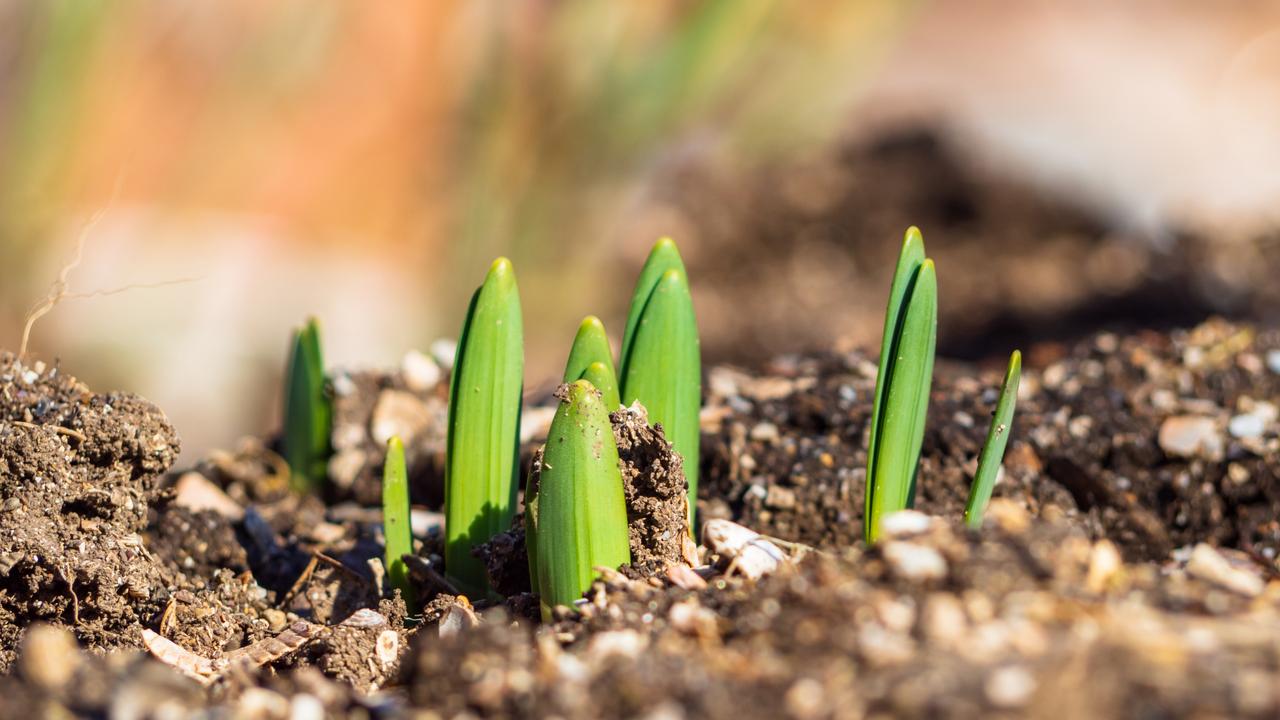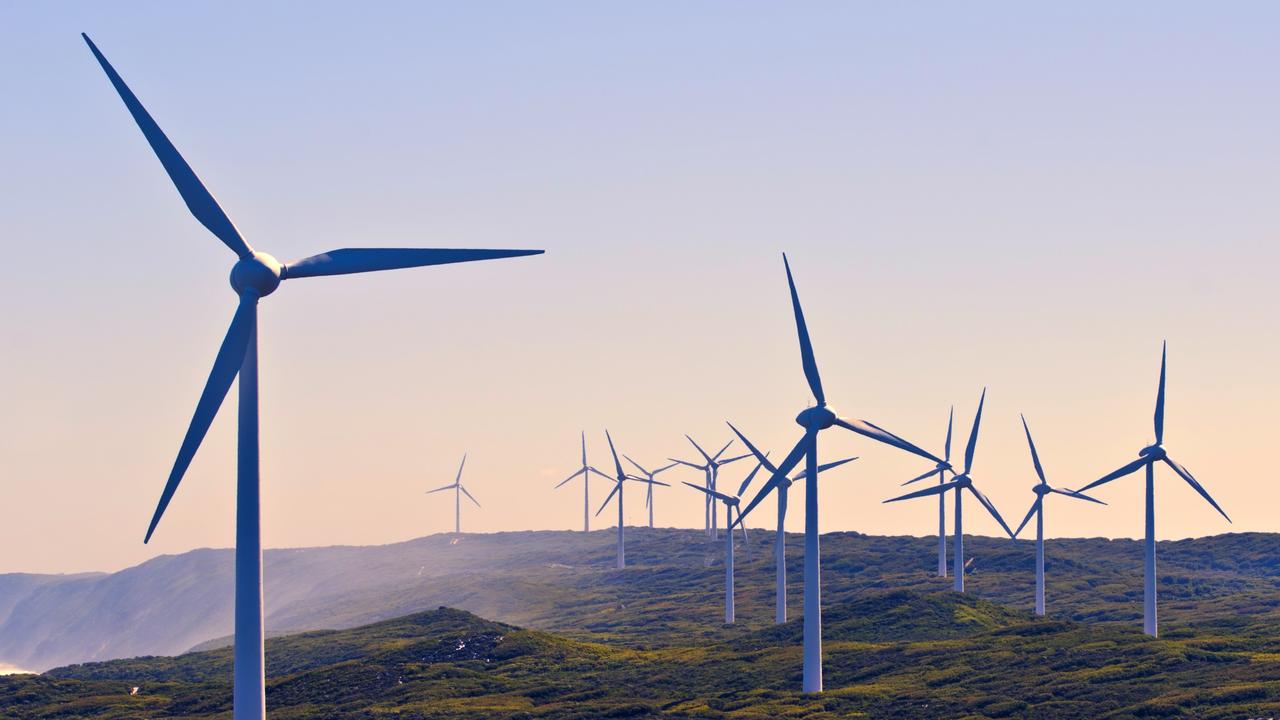Japanese giant J-Power makes $381m bid for Genex Power
Australia’s energy industry is attracting lots of local and international interest, as Japanese companies look to tap the lucrative market and safeguard its energy security.

Australian renewable energy company Genex Power has received a $381m takeover bid from Japan’s Electric Power Development, known as J-Power, one of Japan’s largest electricity companies, sending shares in the pure-play renewable energy developer up more 30 per cent.
The offer is the latest in a spate of Japanese companies moving into Australia’s broader energy industry, as Tokyo looks to tap the lucrative market and safeguard its energy security.
Genex said it has agreed to let J-Power scrutinise its books to determine whether it will formalise its offer of 27.5c a share in cash.
J-Power has also offered a back-up offer to secure Genex in the event that not enough of Genex’s shareholders vote in favour of the bid. J-Power is offering a slightly lower amount of $0.270 in cash that is conditional on support from Genex shareholders owning at least 50.1 per cent of the Australian renewable energy company.
The alternative structure comes amid concerns that a one-time suitor for Genex could block the deal. Skip Capital, the private investment firm of software billionaire Scott Farquhar, in 2022 bid $346m for the company – a bid that eventually failed to materialise.
But Skip remains Genex’s largest shareholder with nearly 20 per cent – a sizeable and potential blocking position without the alternative proposal.
J-Power’s had been quietly in talks with Genex for weeks, and had a bid of $0.24 a share rejected last month.
J-Power, which already owns nearly 8 per cent of Genex, has partnered with the renewable energy developer on two projects.
The bid by J-Power underscores growing interest in Australian renewable energy developers, and Genex — the country’s last remaining listed such company — is also appealing due to its expertise in pumped hydro.
Genex is close to finishing its 250MW Kidston pumped hydro project, which will be the first such development to be connected to the Australian grid in 40 years,
A spokesman for J-Power said its offer should it conclude would accelerate the country’s energy transition.
“J-Power has had a strong and longstanding partnership with Genex, including as a joint owner and developer of Genex’s key growth assets, Kidston Wind Project and Bulli Creek Clean Energy Project,” the spokesman said.
“Our proposal will accelerate investment in the future of Genex and renewables in Australia, with J-Power bringing the capital and operational expertise to fund and operationalise new developments.”
Pumped hydro sees water pumped uphill during periods of ample renewable energy such as sunny, windy days, before it is released during the evening peak. The flow of the water downhill turns turbines, generating electricity.
Australia is pushing ahead at pace with its renewable energy transition, but there is growing concern about what will underpin the grid during periods of so-called renewable droughts – when the sun is not shining or the wind is not blowing.
Pumped hydro is highly desired as they have longer generation periods than batteries, but the projects often take years to develop and are often technically challenging.
Genex’s pumped hydro projects are its headline developments, but it is also developing wind, solar and batteries as part of a $1bn pipeline.
Investors cheered the announcement, with shares in Genex rallying 32 per cent.
The bid is also a further indication that Japan INC’s frustration with Australia has subsided. Australia-Japan ties had frayed after the federal Labor government introduced a mandatory code of conduct on the gas industry, which saw would-be developments paused.
Japan is one of the largest buyers of Australian LNG, and is reliant on Canberra for its energy security and frustrations surfaced. The head of Japan’s biggest oil and gas producer last year warned Australia risks undermining global security through a decision to “quietly quit” the international gas trade.
Since then, however, a spate of Japanese gas companies have agreed equity purchases in Woodside’s $16bn Scarborough LNG development, indicating the relationship has been repaired.







